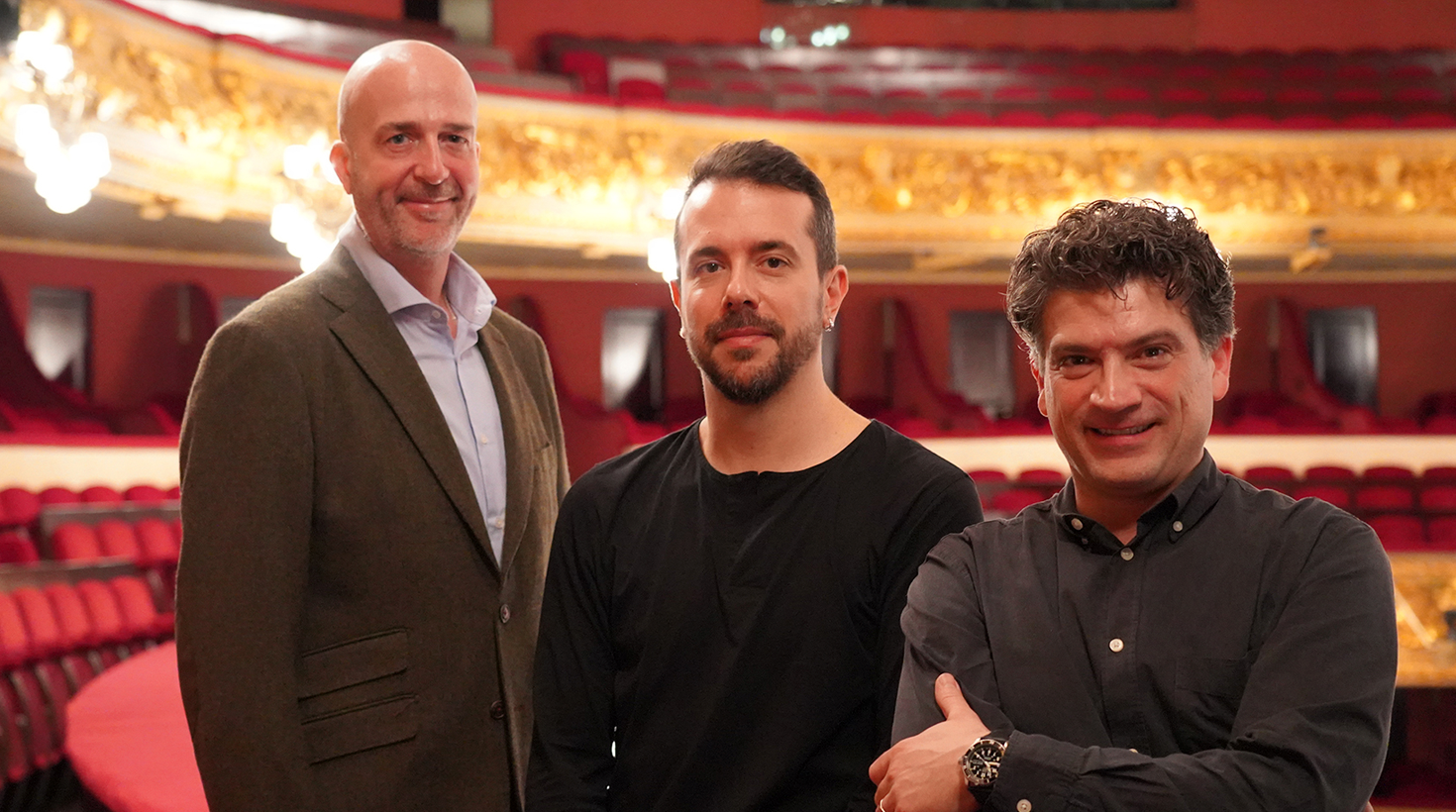
Considered one of the great names of Baroque opera, Terradellas remains little known in his own country. La Merope, premiered in Rome in 1743, will be heard for the first time at the Gran Teatre del Liceu, a recovery that highlights Catalan operatic heritage.
La Merope was Domènec Terradellas’ (Barcelona, 1713 - Rome, 1751) greatest triumph during his lifetime, an opera set in mythical Greece that secured him a prestigious position in musical circles. However, today it is a forgotten piece, only performed once in Barcelona, in a private concert in 1955. Terradellas was the most celebrated Catalan composer of the 18th century, with a fascinating artistic career and a rich, brilliant body of work. La Merope, one of his most ambitious operas, explores the limits of fate, despair, and unconditional love.
Conductor Francesco Corti, a renowned harpsichordist and orchestral director, will lead this revival at the helm of the Akademie für Alte Musik Berlin (AKAMUS), bringing to life a score of great orchestral and vocal refinement that has remained forgotten for too long. With imaginative music, vibrant melodies, and a strong dramatic sense, La Merope reaffirms the need to reclaim Domènec Terradellas as a key figure in Baroque opera.
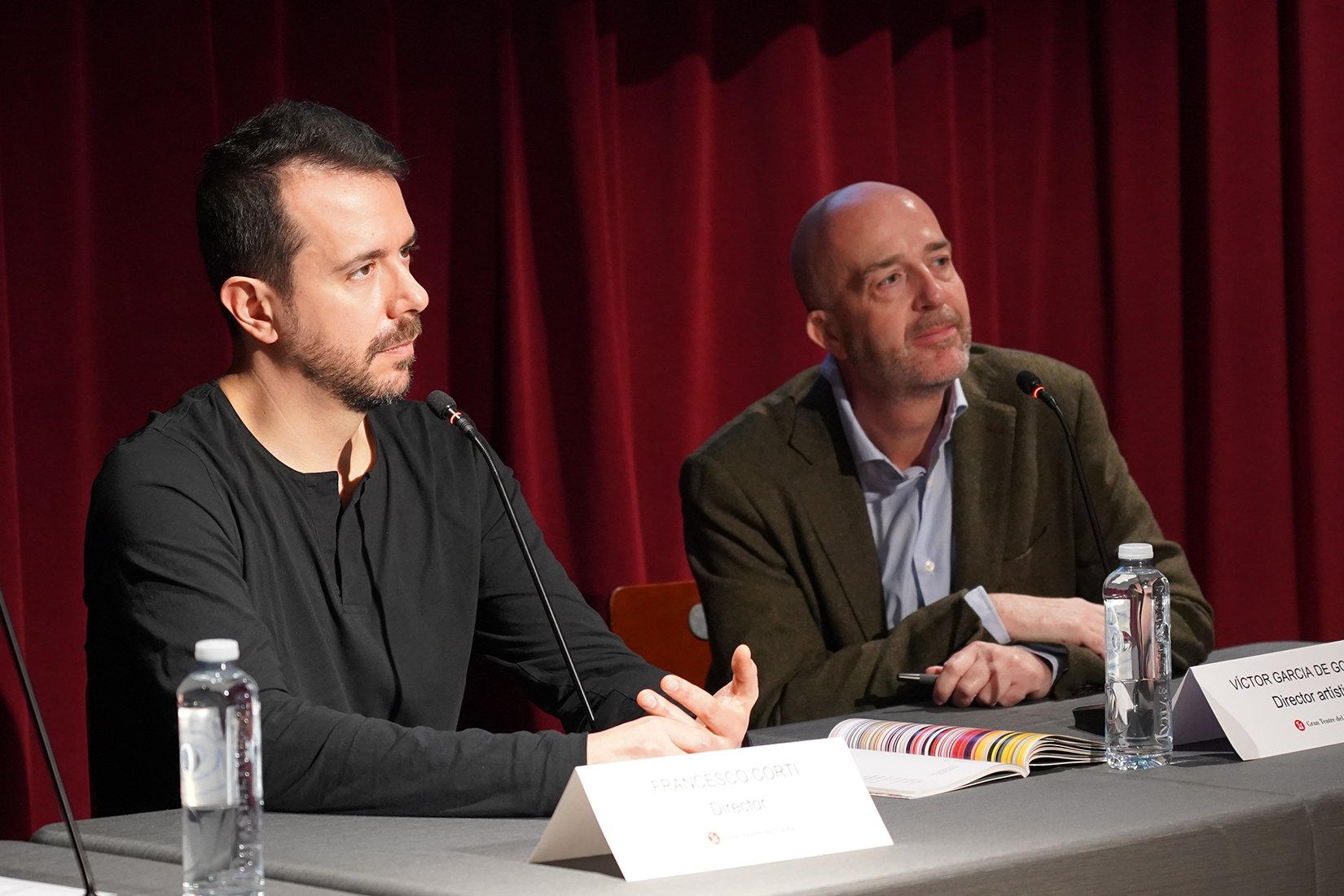
For this occasion, Corti will work with an exceptional cast. Soprano Emőke Baráth, a regular collaborator of the maestro, will portray Queen Merope, showcasing her virtuoso technique and characteristic sensitivity. The role of Polifonte, the antagonist, will be performed by Swiss tenor Valerio Contaldo, while the role of Epitide, Merope’s son, will be taken on by mezzo-soprano Francesca Pia Vitale. South Korean soprano Sunhae Im will play Argia, Epitide’s betrothed, and the cast will be completed by countertenor Paul-Antoine Bénos-Djian (Trasimede), tenor Thomas Hobbs (Anassandro), and contralto Margherita Maria Sala (Licisco).
Plot
La Merope tells a tragic episode from Greek mythology set in the kingdom of Messenia. King Cresphontes and two of his sons have been murdered by the cruel usurper Polifonte, who seeks to consolidate his power by marrying the widowed queen, Merope. Despite the pressure, Merope resists for years, awaiting the return of her third son, Epitide, who was saved and raised in secret.
The opera follows Epitide’s return to his homeland and his efforts to expose Polifonte, revealing the truth about his father’s murder and preventing the tyrant from being recognized as the rightful king. Amid this drama of revenge and redemption, the work incorporates the love intrigues and suspicions typical of Baroque opera. This story, now almost forgotten, was highly popular in the first half of the 18th century, with a libretto by Apostolo Zeno that inspired numerous operas, including some by Antonio Vivaldi.
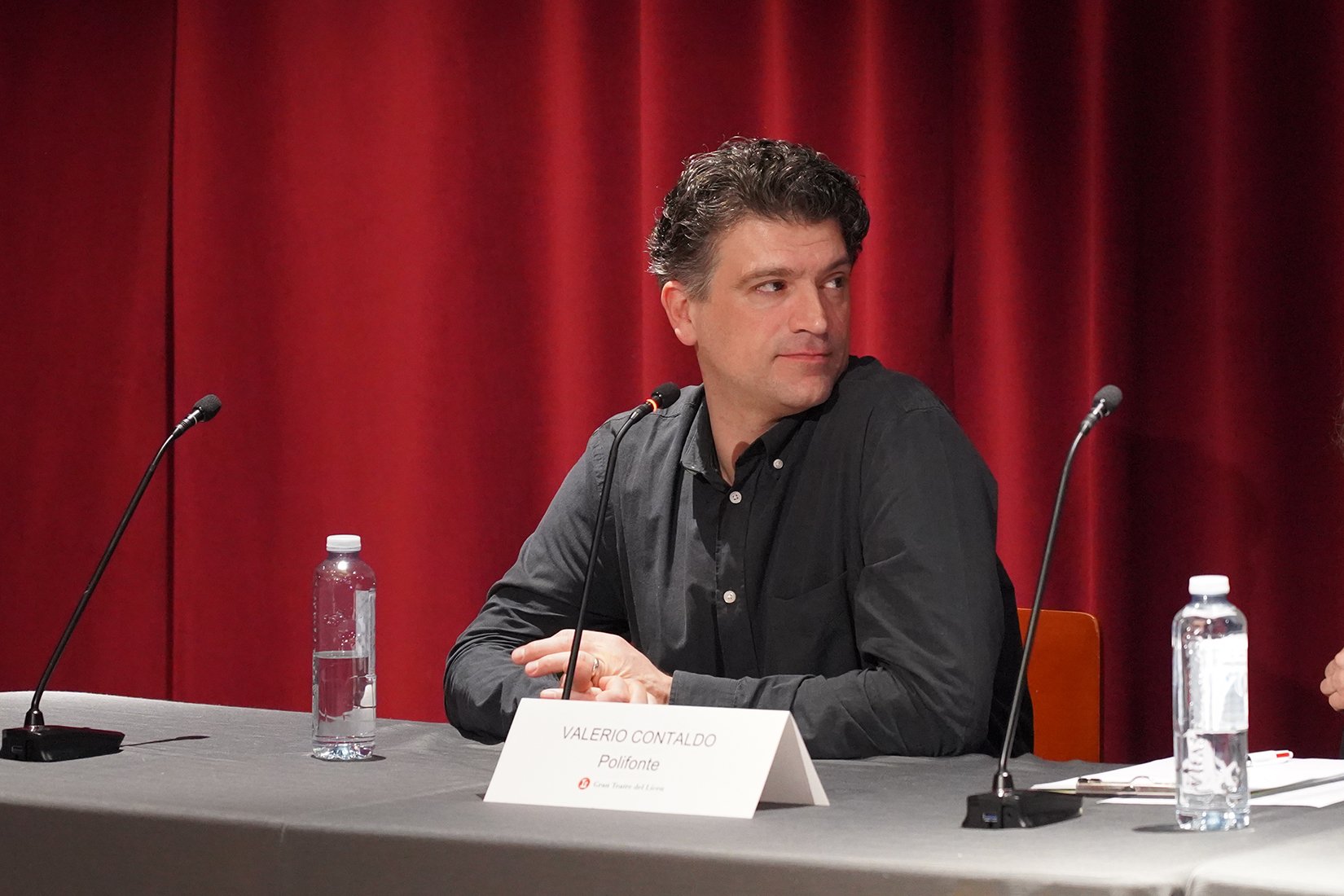
Great Baroque voices in the service of Francesco Corti’s musicological rigor
Italian maestro Francesco Corti, one of the most prominent figures in Baroque music interpretation, leads the revival of La Merope with the historical rigor that defines his career. Corti is regarded as one of the most talented harpsichordists of his generation and, since 2018, has been the principal guest conductor of the prestigious ensemble Il Pomo d’Oro. The Italian maestro has collaborated with renowned groups such as Jordi Savall’s Le Concert des Nations and Marc Minkowski’s Les Musiciens du Louvre. At the Liceu, he will conduct the Akademie für Alte Musik Berlin, an ensemble specializing in Baroque performance, to bring back to life an opera that, until now, had never had a complete recording.
For this occasion, Corti has gathered an exceptional cast of specialists. Soprano Emőke Baráth leads the ensemble in the role of Merope, while tenor Valerio Contaldo takes on the role of her antagonist, Polifonte. Alongside them are Francesca Pia Vitale (Epitide), Sunhae Im (Argia), Paul-Antoine Bénos-Djian (Trasimede), Thomas Hobbs (Anassandro), and Margherita Maria Sala (Licisco).
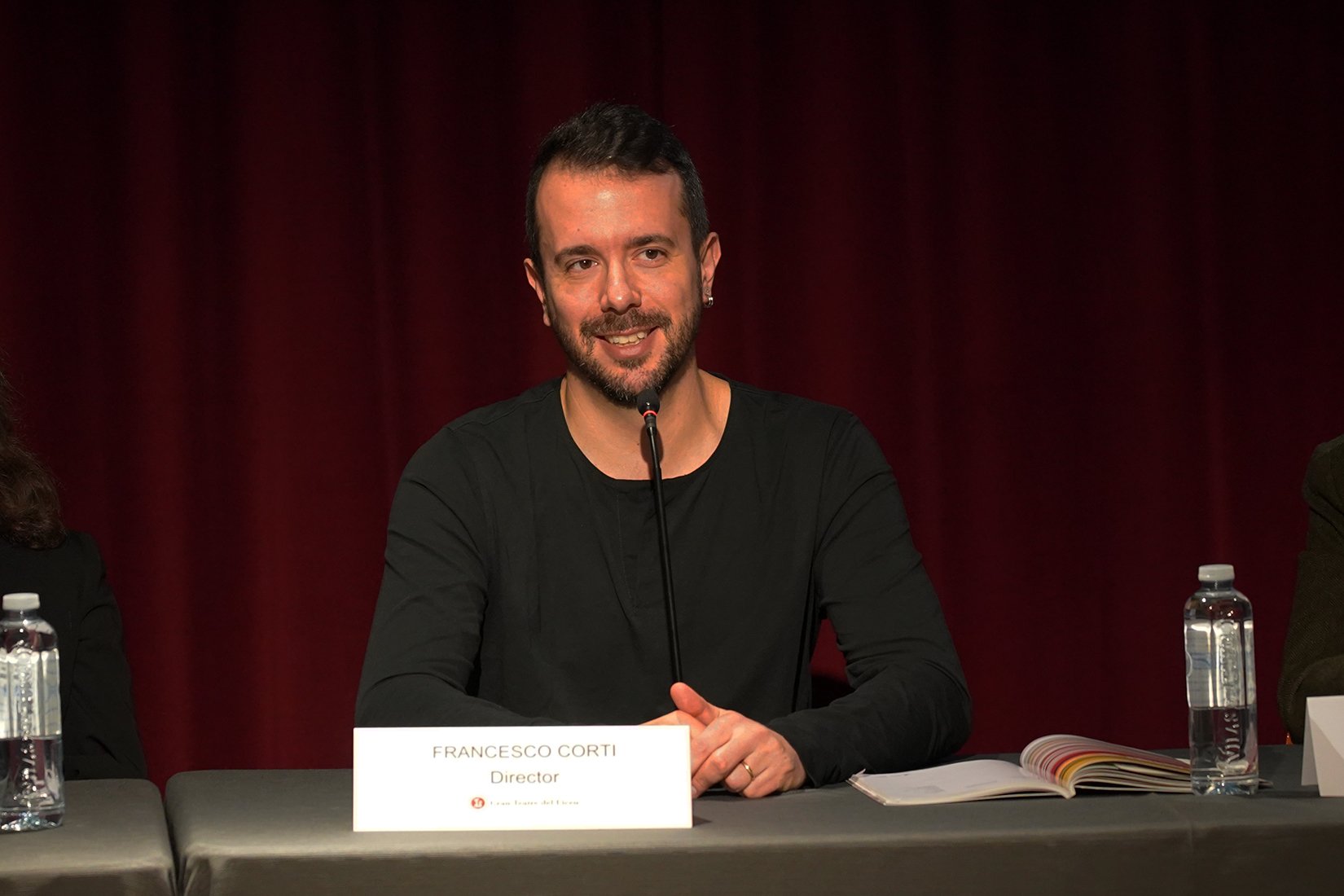
Domènec Terradellas, one of the great stars of Baroque opera seria
Domènec Terradellas is today an underperformed composer, although in the mid-18th century he was considered one of the great talents of Italian-style opera, on par with figures like Porpora and Händel. For over ten years, between 1739 and his death in 1751, he was one of the leading figures in European opera. His career, marked by great prestige and a tragic end, is surrounded by legends: according to a questionable account, his last success, Sesostri, rè d'Egitto (1751), supposedly aroused the envy of another composer, Niccolò Jommelli, who allegedly ordered his assassination. Regardless, his work has been forgotten, even in his own country, despite being regarded as the best Baroque opera composer born on the Iberian Peninsula.
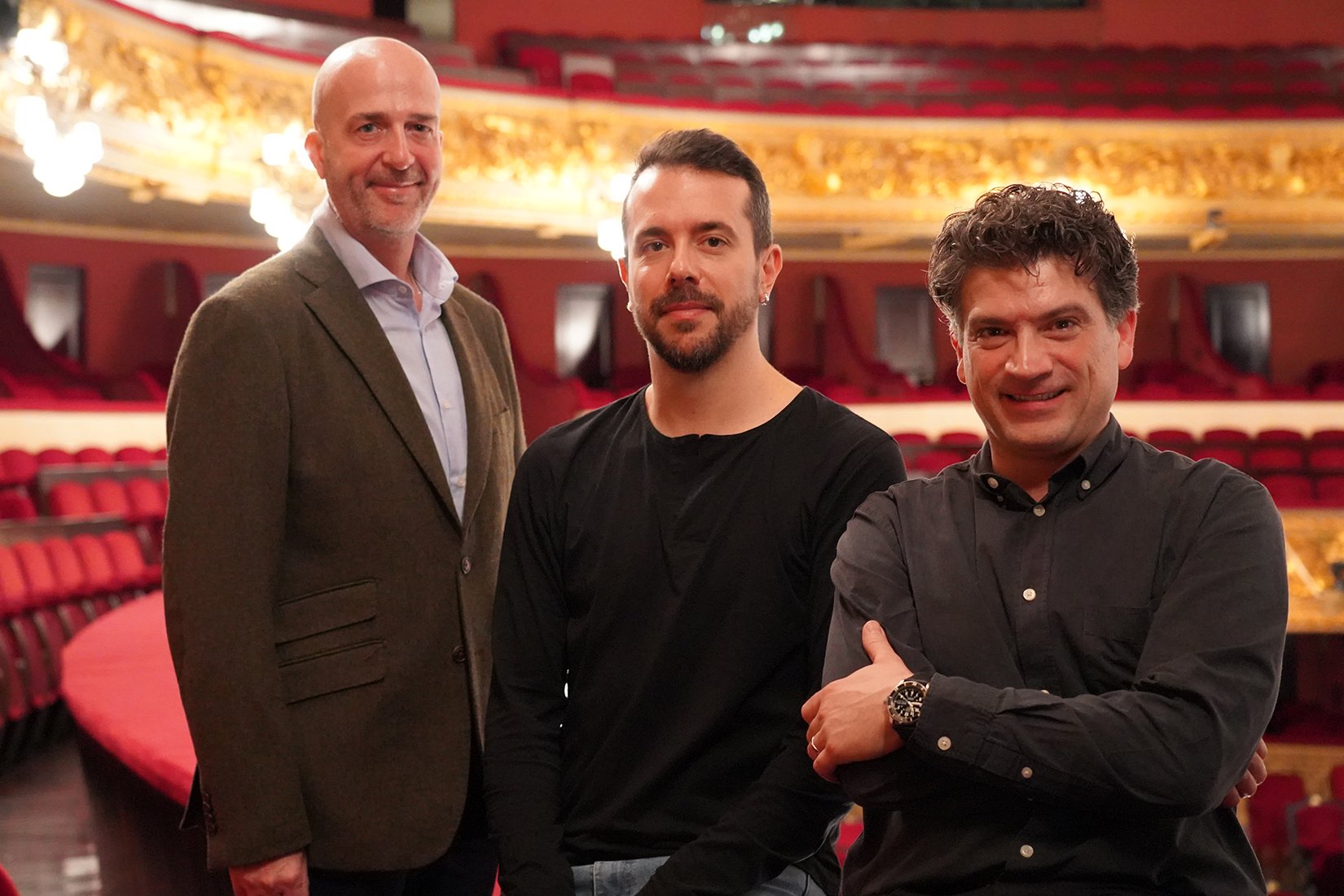
Terradellas trained as a singer in the Barcelona Cathedral choir before completing his studies in Naples, where he specialized in sacred music and became acquainted with Italian opera. In 1739, he premiered his first opera, Astarto, and in 1743 achieved his greatest success with La Merope, impressing Cardinal Acquaviva, who appointed him master of the chapel at the Church of the Spaniards in Rome. He later conducted at the Haymarket Theatre in London, where Händel had popularized opera in England, and traveled across several European cities until his death in Rome in 1751.
His style follows the principles of 18th-century Italian opera seria: plots set in classical antiquity, love and power conflicts, and a structure based on the alternation of recitatives and arias. With this production, the Liceu highlights one of the most relevant figures in Baroque opera and reaffirms its commitment to preserving musical heritage and recovering the memory of one of the greatest Catalan composers of all time.

